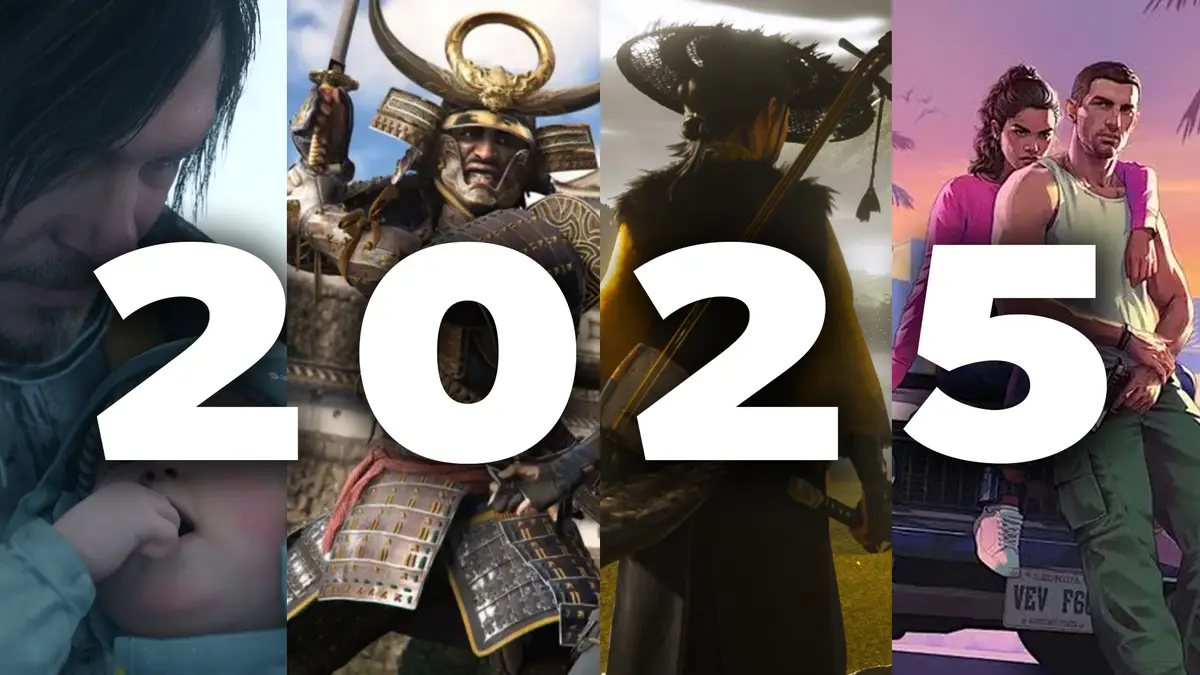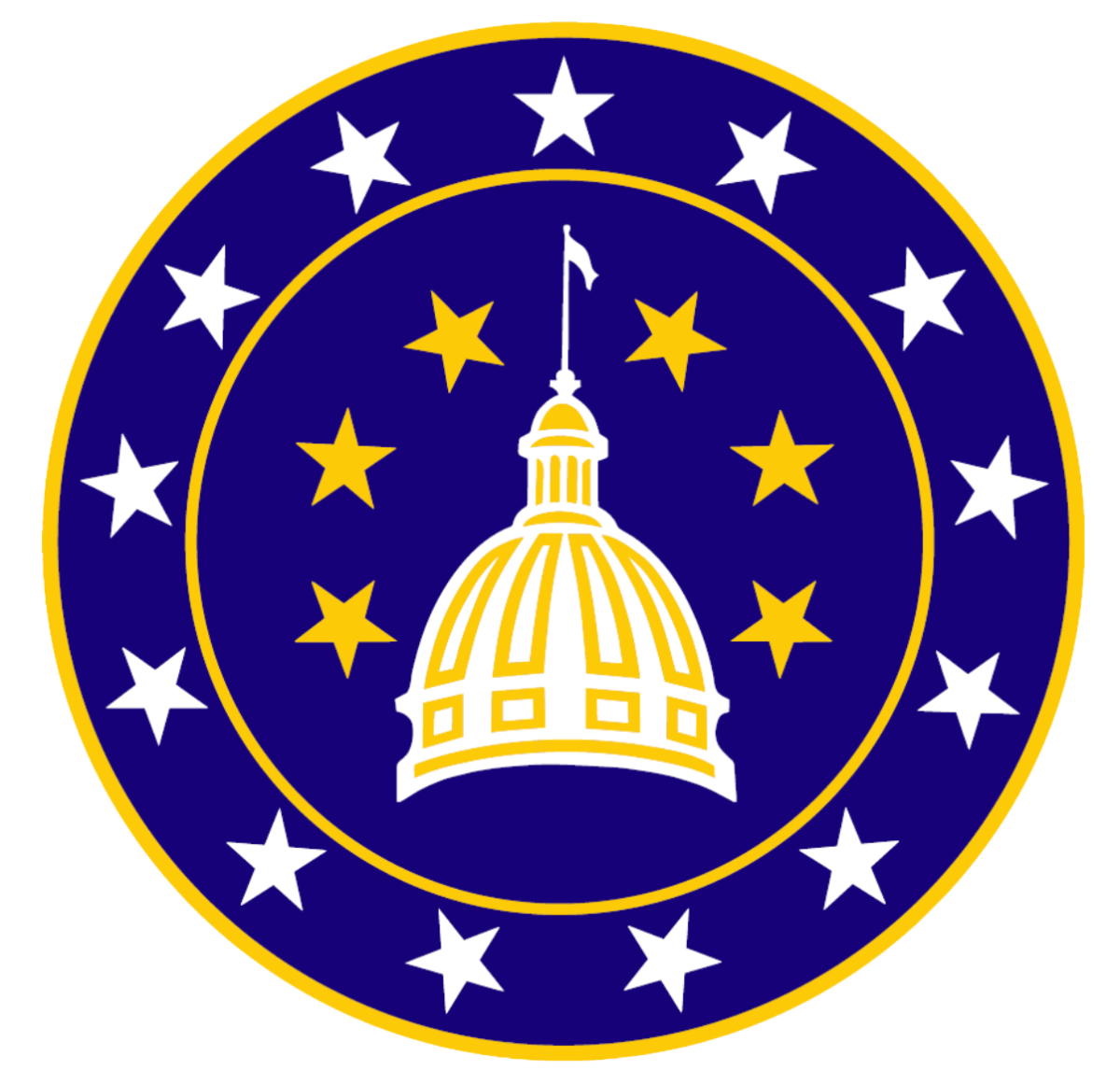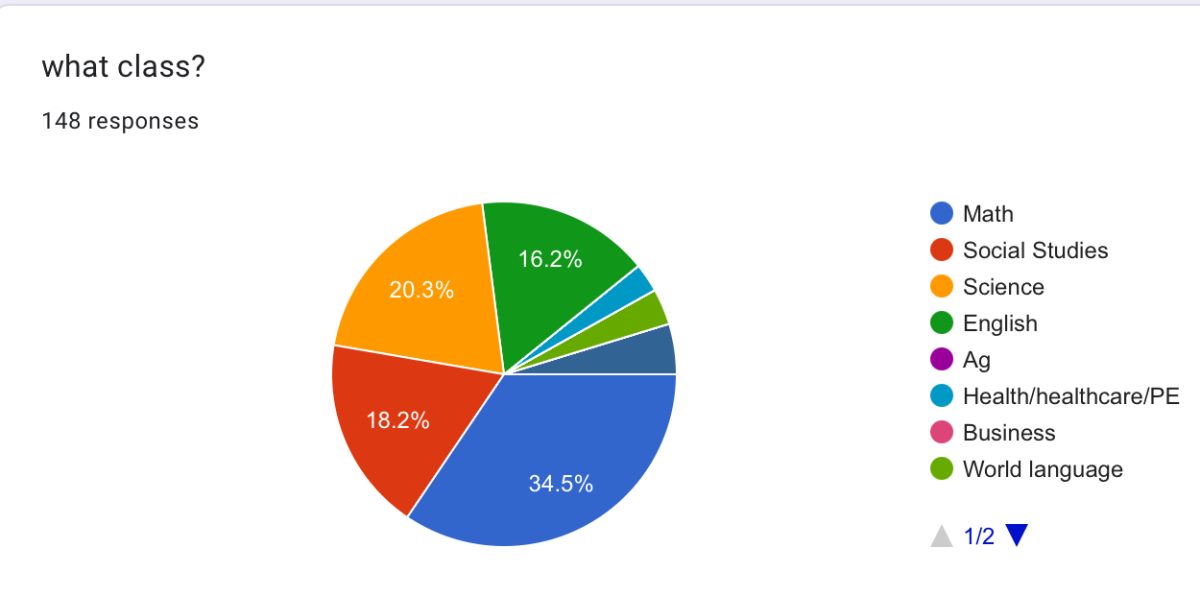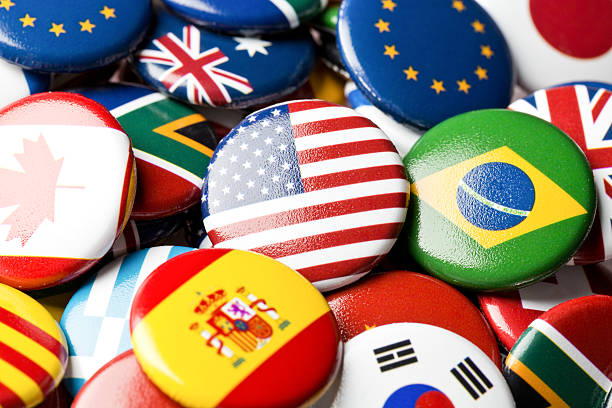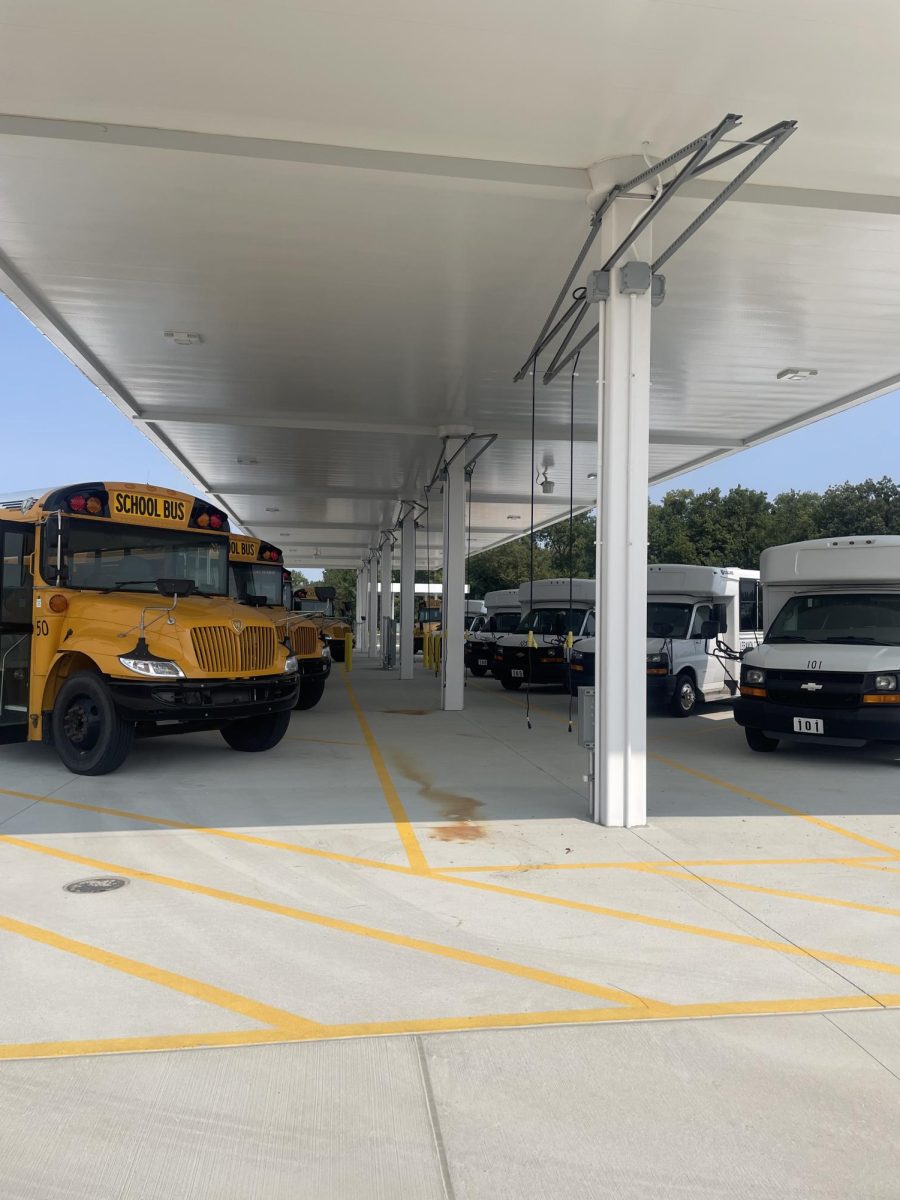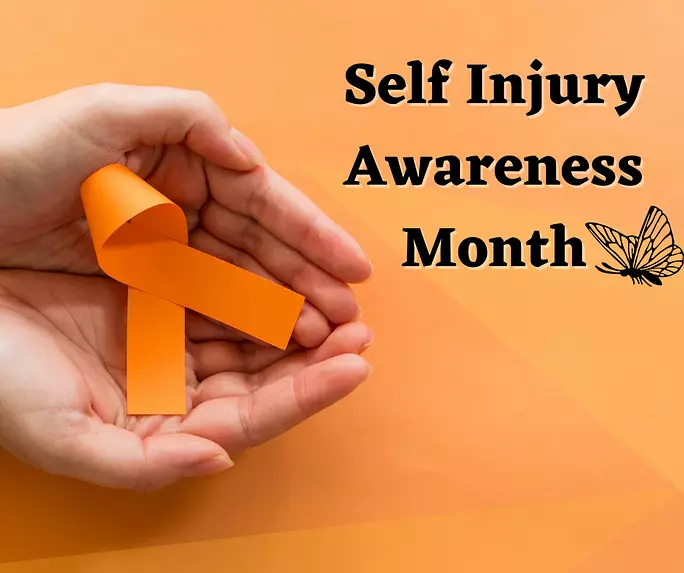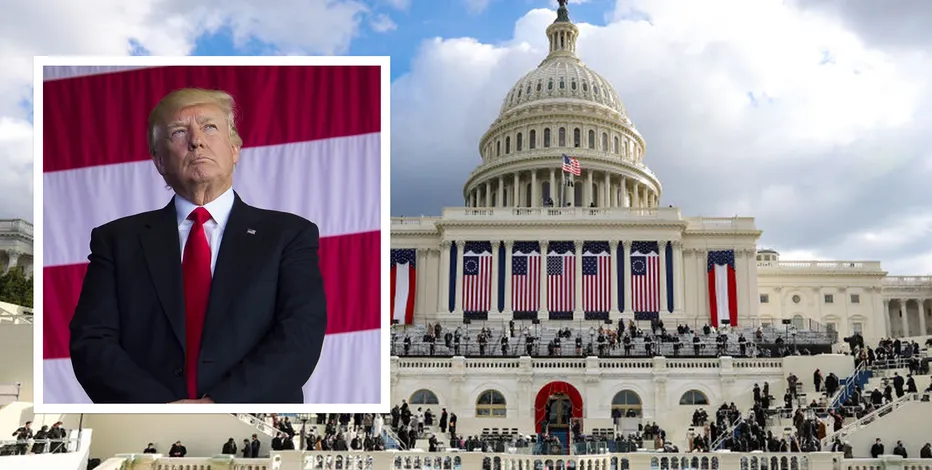Now, as January comes to a close, a lot has occurred in politics, including Trump’s inauguration, protests, executive order signings, and much more. A rise in social media coverage of each of these events has brought new, in-depth perspectives to the political landscape. On January 20th, Trump’s second inauguration took place, leaving many speechless due to certain guests, gestures, and, overall, the consideration of what our future may hold. Soon after Trump entered office, he signed an estimated twenty-four executive orders. To better understand the situation and the various opinions surrounding it, LHS staff and students were asked a series of questions.
When asked about what an executive order is and its capabilities, LHS student Vanessa Alfonzo responded: “An executive order, okay, the president makes laws, so an executive order is just the exception to that. It’s an emergency law that can be repealed the next term if the next president decides so, but it’s just a temporary law, and it goes into action almost immediately. I think there needs to be more regulations on that.”
Regarding the executive orders, the main ones that have sparked the most backlash include those affecting The World Health Organization— a specialized agency of the United Nations responsible for global public health— and immigration law, which allows ICE (Immigration and Customs Enforcement) to access public institutions like schools, churches, and even hospitals. This has frightened many people, including students, teachers, children, and parents. When asked about these topics, many agree on the reasons behind the backlash and protests.
“Some people are viewing the immigration efforts not just as actions against crime, but as efforts against people who do not fit the stereotypical white American role. He’s definitely facing resistance from women and the movement for individual rights and body autonomy, which began with Dobbs v. Jackson but was really championed— and in some ways, Trump acted as a catalyst— within the abortion debate. There are also concerns about his appointment of Elon Musk to a new government agency that is supposed to regulate government efficiency, primarily from a financial standpoint, though that’s still a bit broad. And then there are controversial symbols that arguably have been displayed at presidential inaugurations,” stated Joshua Debard, an LHS teacher.
These are just a few examples of the latest backlash. Others include the increase in executive power, concerns over the elimination of FEMA (federal aid for disaster victims, most recently noted in California due to the recent fires), the tariff debate about whether it will be beneficial or harmful, and speculation about adding a 22nd amendment to extend the presidency term past the two-term limit. Some people were confused by these developments or weren’t aware of them during Trump’s original campaign. Considering his campaign promises, questions have been raised about whether he was honest and whether he will enforce the policies he mentioned.
When questioned about this matter, Riley Hart, another LHS student and current Pennant staff member, replied: “Mass deportations, eliminating a lot of important government institutions. He was very vague, like, ‘yeah, we will reduce grocery prices,’ but has done nothing to that effect.”
Controversy continues to rise over these matters, especially after a few incidents that have developed. A couple of days after Trump’s inauguration, it was publicly noted that the Constitution was removed from the official White House website. It should be noted that this page had been placed there by the previous administration, and it only covered certain ideas about the Constitution, meaning there could have been little to no malicious intent.
“So what I found out after doing more research was that the Constitution had been linked on the website, but I think that was under the Biden administration. The page was removed, and a lot of people assumed they had removed the Constitution itself,” said Kari Hollomen, an LHS teacher.
In conclusion, it is important to understand the information being shared on social media, the news, journals, and other platforms, and to be able to recognize where you stand in relation to these situations. Many more topics and discussions are currently taking place, with much more input and information to be shared. If any student or staff member is curious to learn more about this topic or has information to share, especially regarding immigration laws, women’s rights, opposing viewpoints, or anything else that could be helpful, please consider contacting us. This is a life-changing experience that is unfolding, and much more news will continue to develop. It’s best to understand the time you are living in.






